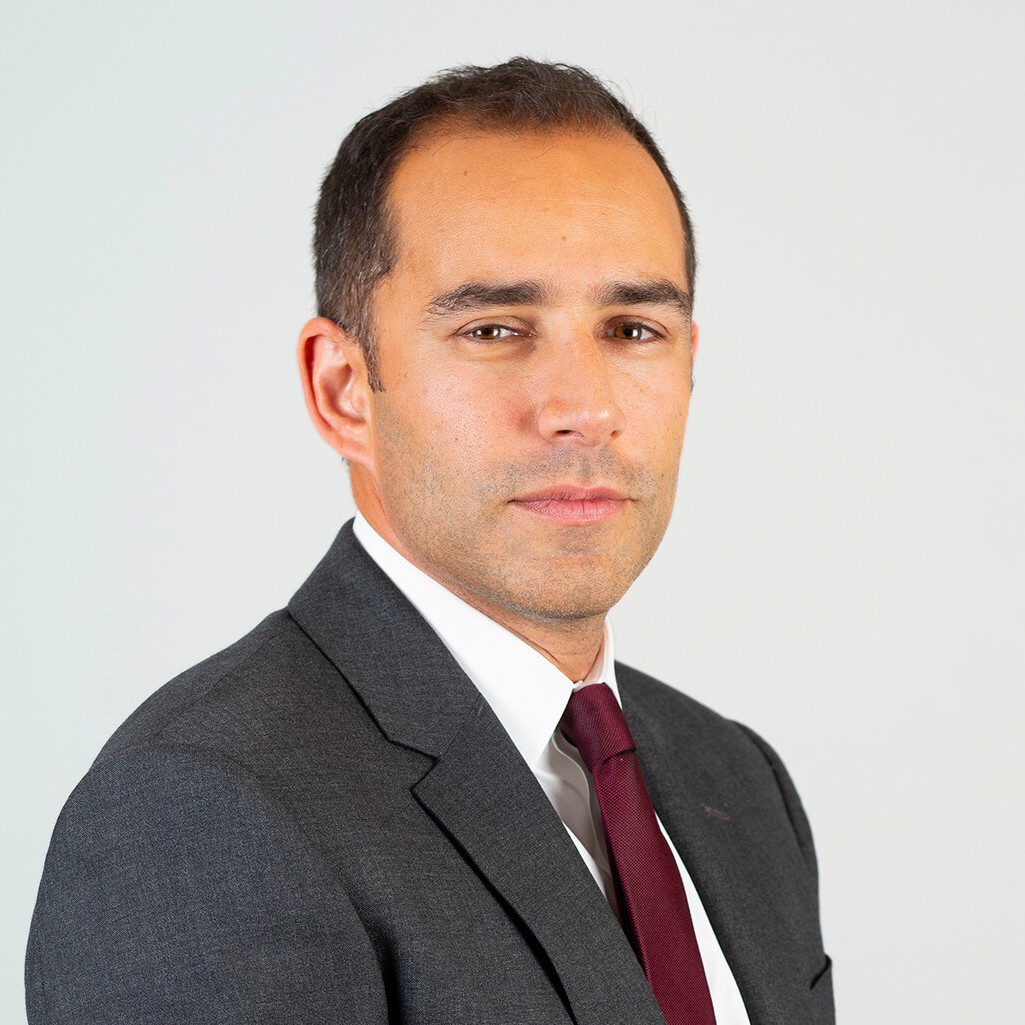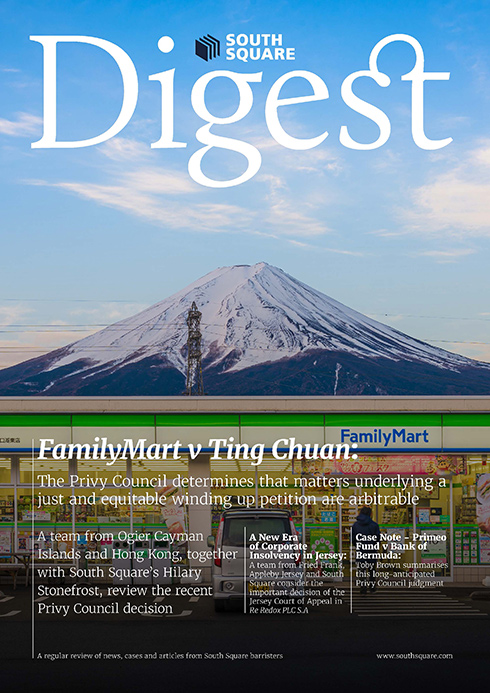The claim brought by the Joint Liquidators arises out of an alleged VAT fraud perpetrated by the company’s former director with the assistance of the other defendants. The company was an “umbrella” company providing payroll services to thousands of workers mainly in the healthcare sector. The Joint Liquidators allege that the company charged VAT on its supplies but did not account to HMRC for the full amount of VAT received. The defendants applied to amend their defences to plead that VAT was not chargeable on the company’s supplies as a matter of substantive tax law, as they were exempt supplies under Schedule 9, Group 7, Items 1 and 4 of the VAT Act 1994. The Joint Liquidators argued that it was not open to the Defendants to raise this defence as the applicability of the exemption in a virtually identical context had recently been considered, and rejected, by the Court of Appeal in Mainpay Ltd v HMRC [2023] STC 30.
The defendants argued, amongst other things, that the decision in Mainpay was not binding because the Court of Appeal had proceeded on a flawed assumption that there was a distinction between a supply of staff and a supply of services performed by those staff, when in fact there was none, and that this point had not been argued by the parties. Richards J rejected this submission and found that the Court of Appeal had reached its conclusion with the benefit of full argument, but that in any event, points not argued by the parties are “perfectly capable” of giving rise to binding statements of authority, citing Regina (Kadhim) v Brent London Borough Council Housing Benefit Review Board [2001] QB 955. Richards J found that as a result of Mainpay, the draft amendments had no real prospect of success as a matter of law and dismissed the applications.
Clara Johnson was led by Andrew Hitchmough KC of Pump Court Tax Chambers and was instructed by Sara Crystal and Richard Saunders of Wedlake Bell LLP.


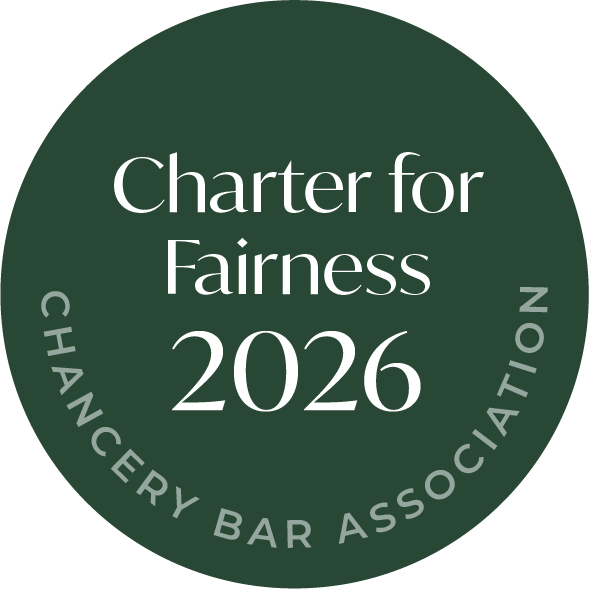
![NEW DECISION OF THE COURT OF APPEAL – Midland Premier Properties Ltd & Anor v Doal & Ors [2026]](https://southsquare.com/wp-content/uploads/2025/06/matthew-henry-VviFtDJakYk-unsplash-scaled-e1750083975207.jpg)
![New Judgment: CM Telecom (UK) Ltd v Buck [2026] EWHC 161 (Comm)](https://southsquare.com/wp-content/uploads/2025/06/tingey-injury-law-firm-DZpc4UY8ZtY-unsplash-scaled-e1750759105761.jpg)
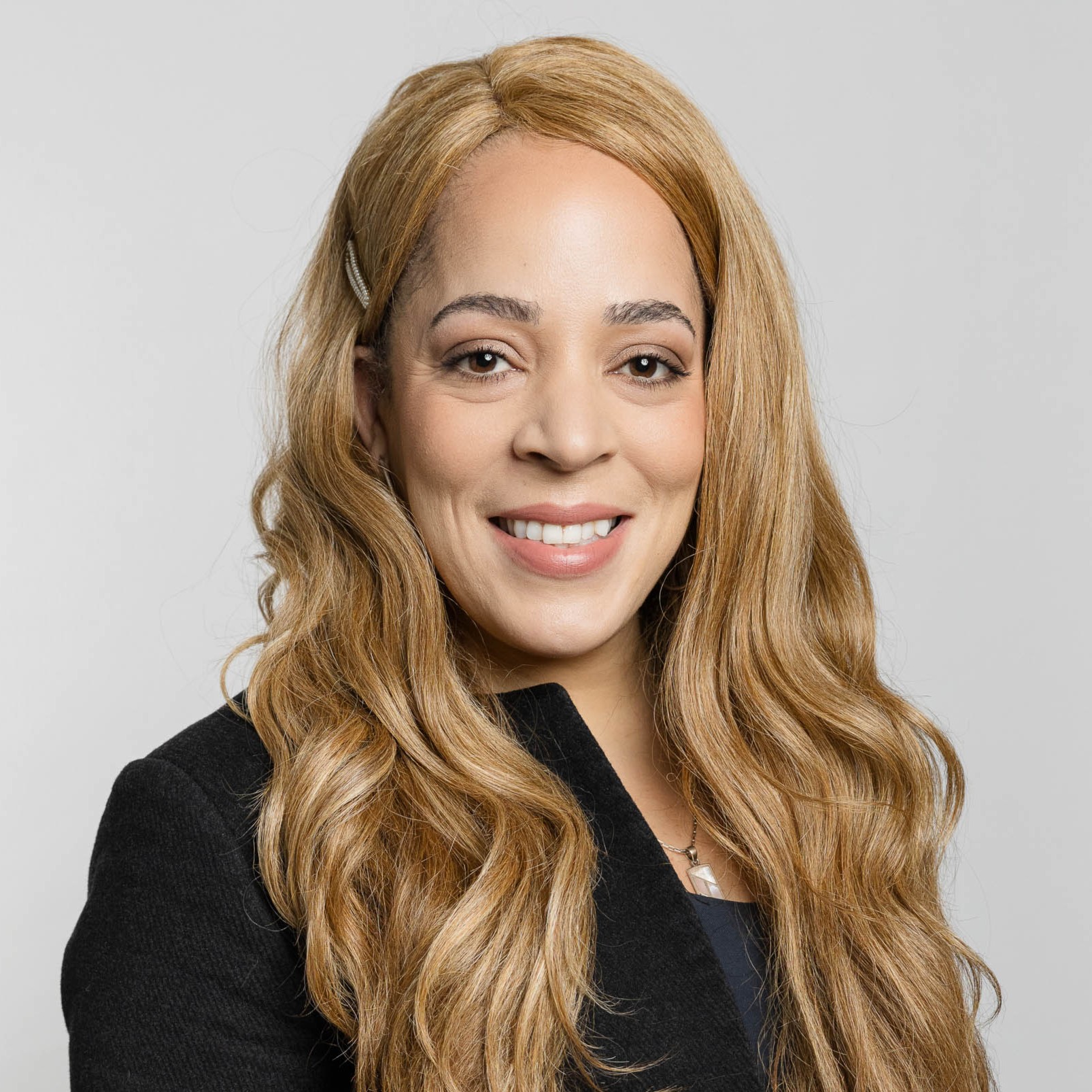
![New Judgment – Henderson & Jones Limited v Tysers Insurance Brokers Limited [2025] EWHC 3155 (Comm)](https://southsquare.com/wp-content/uploads/2025/06/alejandro-pohlenz-gYbOFTwcJx4-unsplash-scaled.jpg)
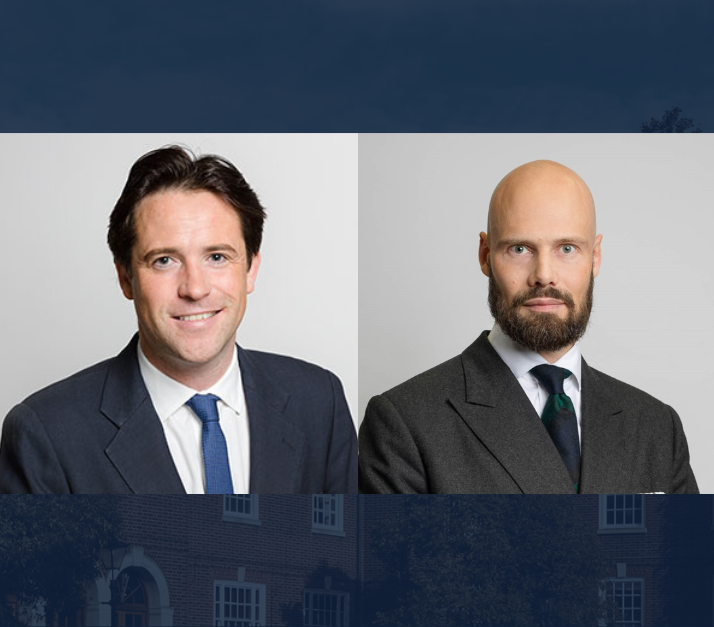
![New Judgment: Re Eversholt Rail (365) Limited [2026] EWHC 101 (Ch)](https://southsquare.com/wp-content/uploads/2023/07/AdobeStock_334844505-scaled-e1691401199932.jpeg)
